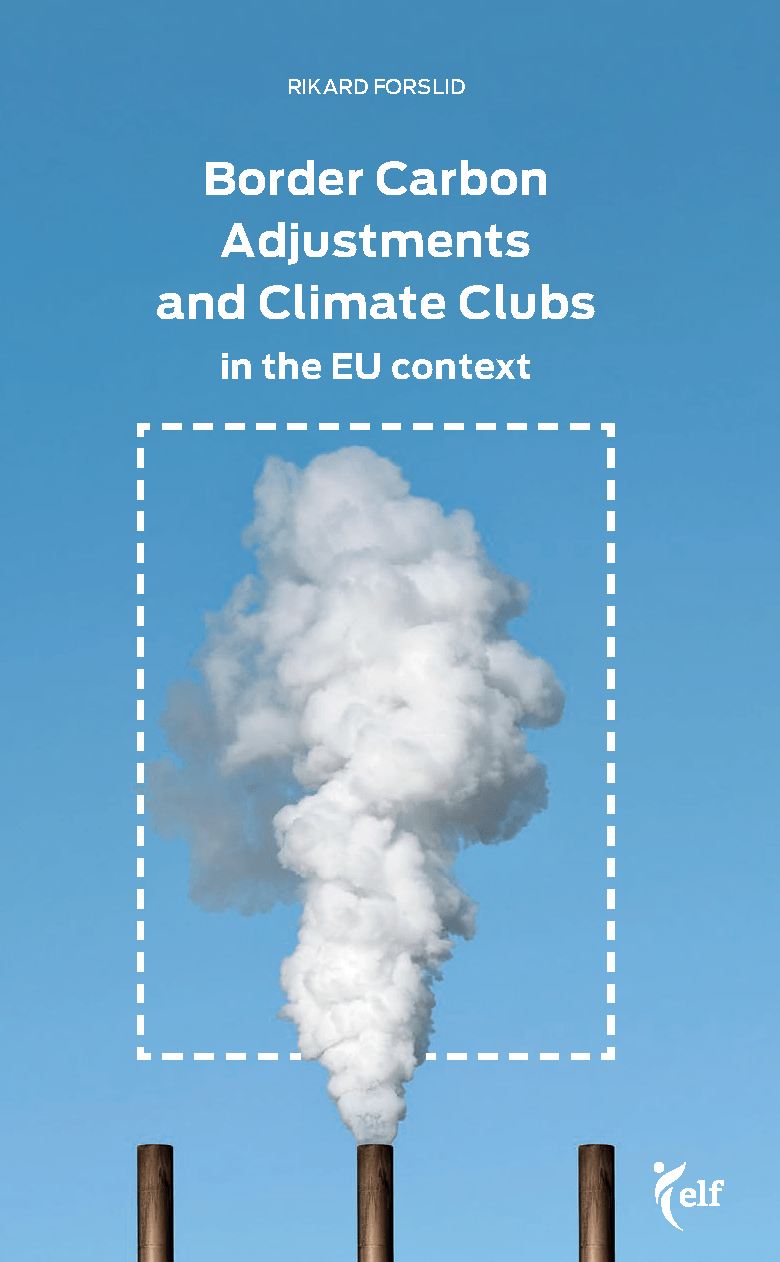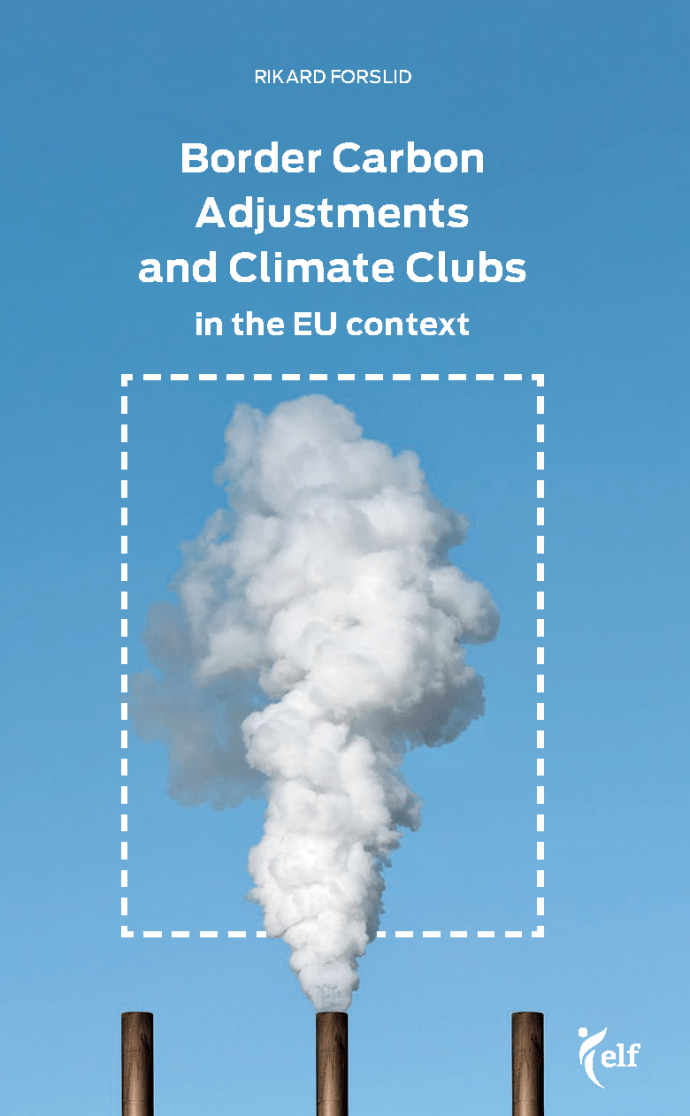ISBN: 978-91-87379-78-9
Year: 2020
Author: Rikard Forslid
Editor: Ruben Henriksson
This paper discusses the rationales for border carbon adjustments (BCAs) and carbon clubs in the context of the EU’s trade policy.
Global warming poses a major policy challenge for politicians around the globe. The increasing temperature is caused by anthropogenic green-house gas (GHG) emissions. The magnitude of these emissions depends on global population size, lifestyle, energy use, land-use patterns, technology and climate policy. The rising temperatures are projected to cause severe risks for humanity: interruption in food supplies, more frequent weather events, and rising sea levels. Moreover, risks are unevenly distributed over the globe and among communities.
The basic problem is that the existing reserves of gas, coal and oil are very large, and the burning of these reserves risks devastating our planet by increasing greenhouse-gas levels above acceptable limits. The cumulative consumption of gas, coal and oil since the beginning of the industrial revolution has, as a comparison, been quite limited compared to the current reserves of these resources.
The most efficient solution to this problem is to discourage emissions by putting a global price on carbon-dioxide (CO2) emissions, which can be achieved either by imposing a global tax on CO2-emissions or by creating a global cap-and-trade system in which, for example, companies or people buy and sell emissions permits.

